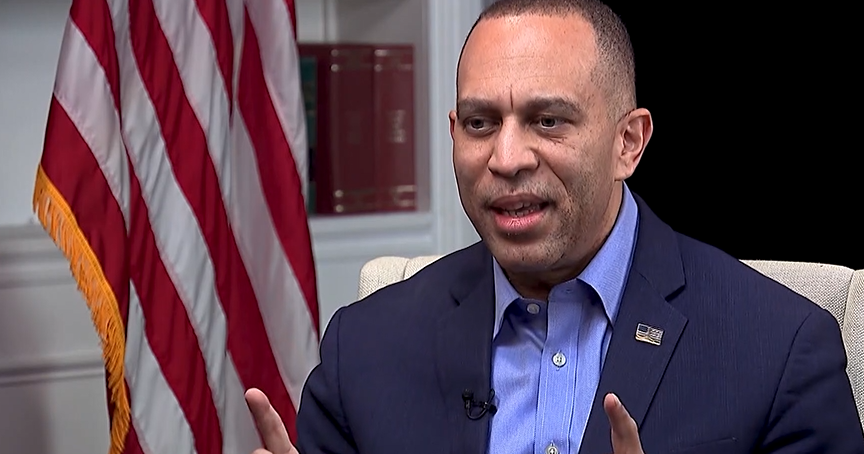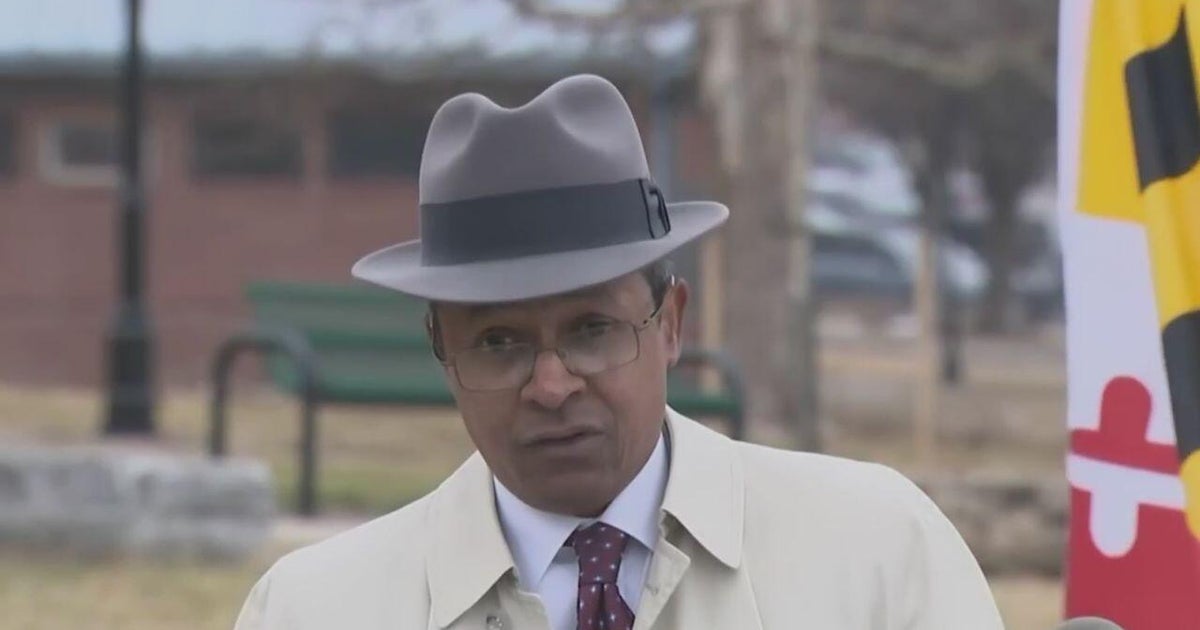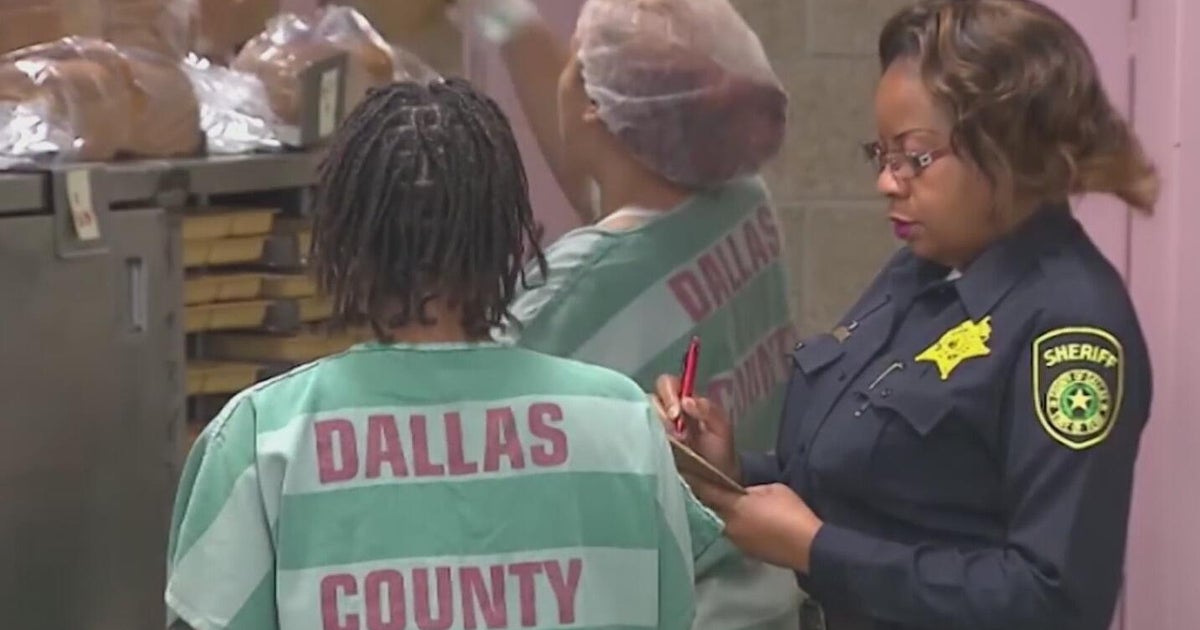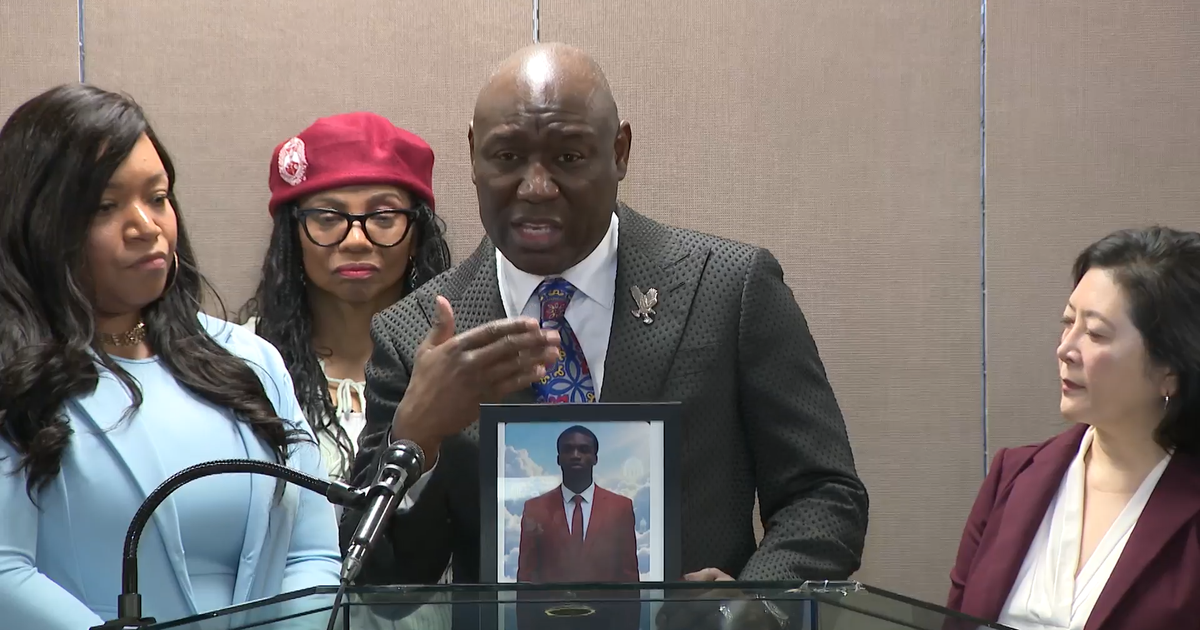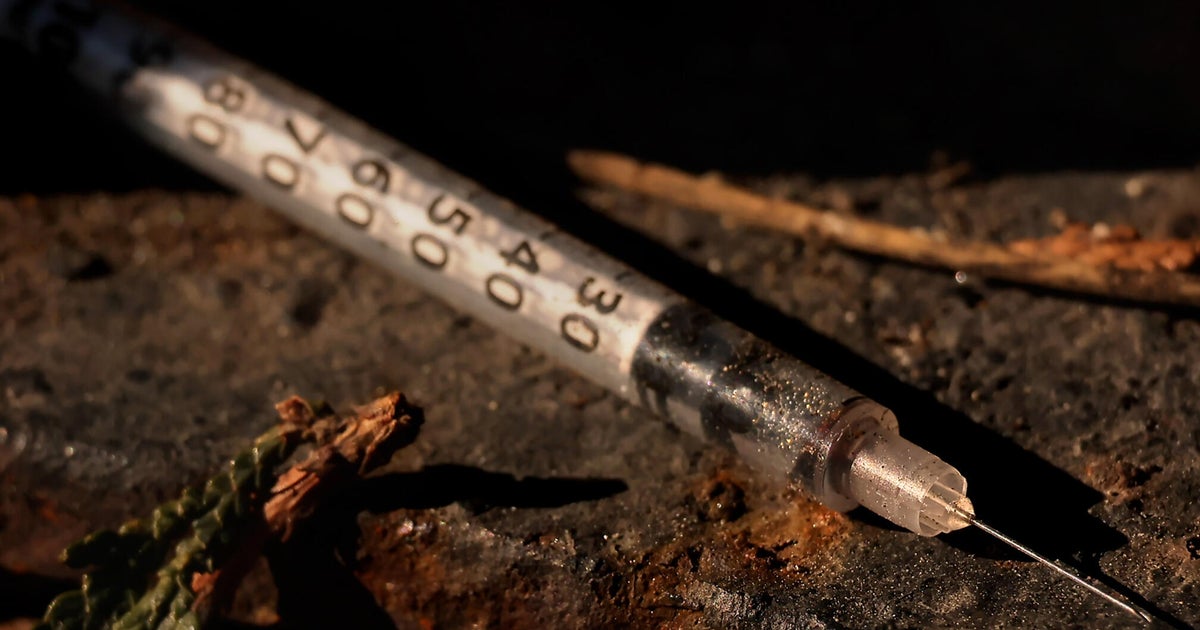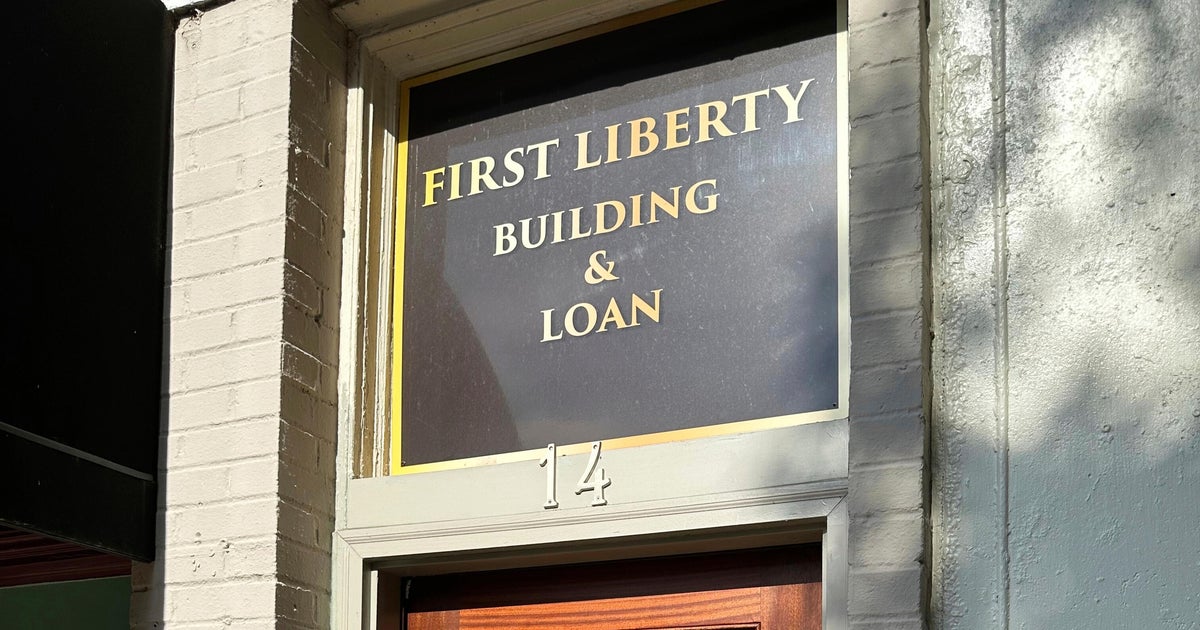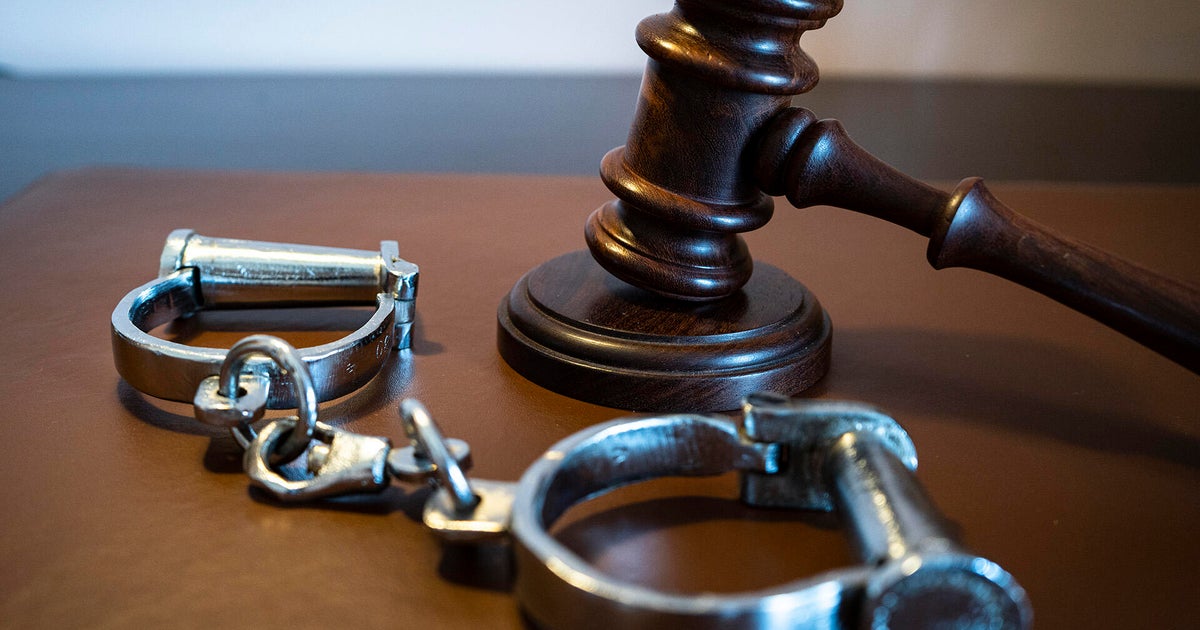State Leaders Enact Emergency Plan To Stop Crime In Prisons
ANNAPOLIS, Md. (WJZ) -- Cracking down on prison gangs. State officials expedite emergency plans to stop criminals from organizing crime behind bars.
Adam May has a look at the plan.
The problem is illegal cell phones. State officials want to get rid of them.
Weeks after Tavon White was indicted on federal charges on running a criminal empire from behind bars, using a contraband cell phone to sell drugs and organize crimes from inside his cell at the Baltimore City Detention Center, there's been a crackdown on cell phones aimed at stripping prison gangs of power.
State officials announce at the governor's direction, Public Safety has begun the emergency procurement process to expand the use of the cell phone detection technology.
"I share the public revulsion at these allegations," said Governor Martin O'Malley.
The governor started lobbying for cell phone jamming technology back in 2009, but federal laws stood in the way. State officials began testing cell phone detectors, which stop only unauthorized users.
"It doesn't jam signals, doesn't break federal law and it doesn't do anything to harm legitimate communications," said Mark Vernarelli.
Too late for some families, like Carl Lackl, killed in 2007 by a hitman accused of using an illegal prison cell phone.
"It was the ultimate weapon, along with the gun," said Marge Shipley.
Critics say it's taken too long to address the cell phone problems. Secretary of Public Safety Gary Maynard refused to answer media questions, denying WJZ countless interview requests.
A spokesman would not say how long until the cell phone detectors will be implemented in prisons across the state.
According to our media partner, the Baltimore Sun, a similar system in Mississippi is credited with reducing prison crimes.
